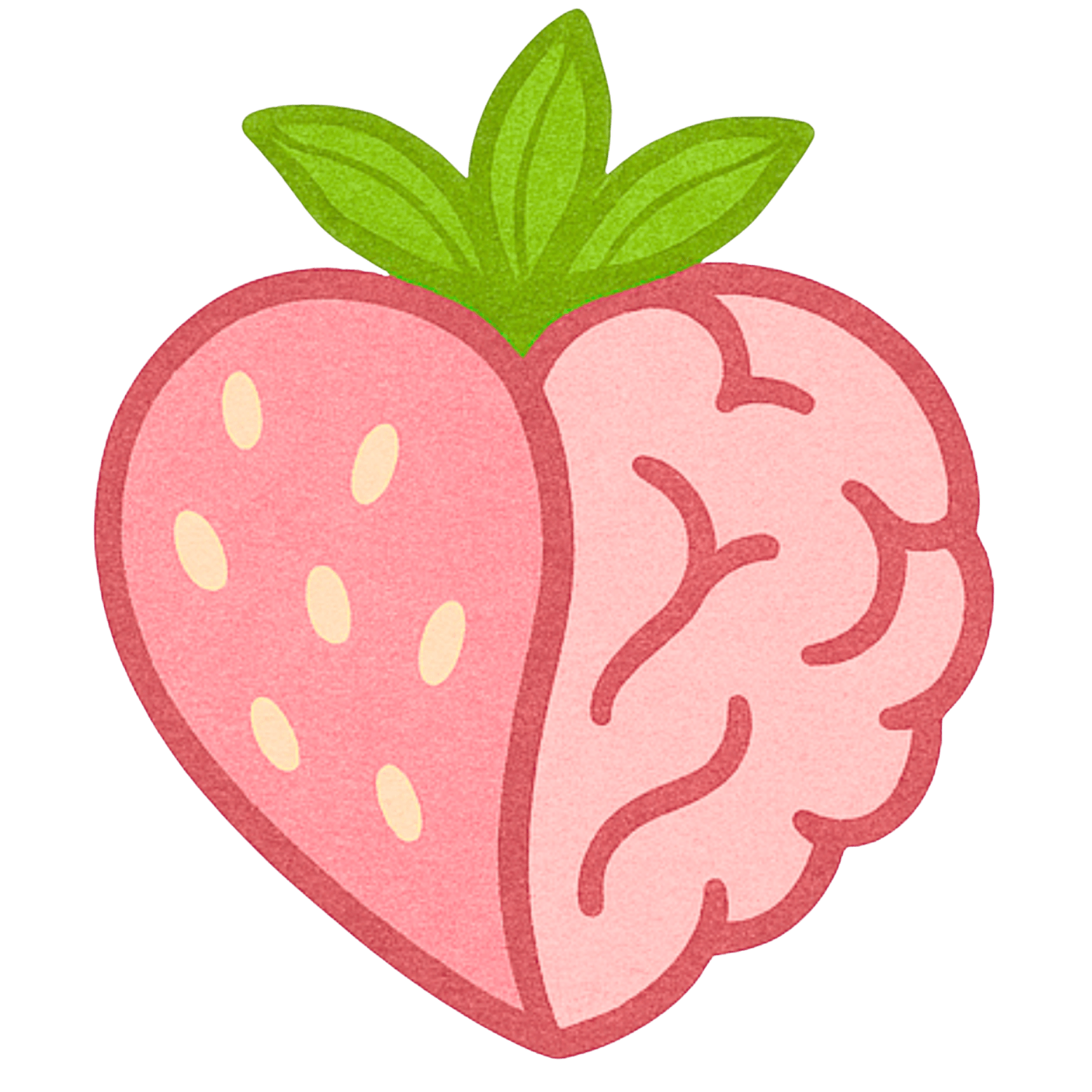
Balancing Women’s Hormones Naturally: How Nutrition Supports Hormonal Health
Hormones play a crucial role in women's health, influencing various physiological processes throughout the life cycle. From puberty to menopause, hormonal changes can significantly impact mood, metabolism, reproductive health, and overall well-being. Understanding the role of hormones is essential for women to navigate these changes effectively and make informed decisions about their health. Hormones such as estrogen, progesterone, and testosterone are not only vital for reproductive functions but also affect bone health, cardiovascular health, and mental health.
In addition to these key hormones, other factors such as insulin, cortisol, and thyroid hormones significantly influence women's health. Insulin regulates blood sugar levels, cortisol is linked to stress response, and thyroid hormones affect metabolism. Lifestyle factors such as diet, exercise, and sleep can impact these hormones, highlighting the importance of a holistic approach to hormonal health. By understanding the interplay of these hormones and their influence on health, women can take proactive steps to support their hormonal balance and overall well-being throughout their lives.
Common Hormonal Imbalances in Women
Hormonal imbalances in women can manifest in various forms, significantly impacting physical and emotional well-being. Common imbalances include issues related to estrogen, progesterone, and thyroid hormones, each playing a crucial role in regulating bodily functions. Estrogen dominance, for instance, occurs when there is an excess of estrogen relative to progesterone, which can lead to symptoms such as bloating, mood swings, and irregular menstrual cycles. Understanding these imbalances is essential for women to recognize the signs and seek appropriate interventions.

Another prevalent hormonal issue is polycystic ovary syndrome (PCOS), characterized by an imbalance in reproductive hormones. Women with PCOS often experience elevated levels of androgens, which can result in symptoms like acne, excessive hair growth, and irregular periods. Additionally, insulin resistance is commonly associated with PCOS, leading to weight gain and an increased risk of developing type 2 diabetes. Nutrition plays a pivotal role in managing PCOS, as a balanced diet can help regulate insulin levels and promote hormonal balance.
Thyroid dysfunction is also a significant concern for women, particularly hypothyroidism, where the thyroid gland does not produce enough hormones. Symptoms may include fatigue, weight gain, depression, and sensitivity to cold. Conversely, hyperthyroidism, where the thyroid is overactive, can cause weight loss, anxiety, and heart palpitations. Maintaining a diet rich in iodine and selenium, along with managing stress, can support thyroid health and mitigate symptoms associated with thyroid imbalances.
Menopause represents a natural hormonal shift in women’s lives, marked by a decline in estrogen and progesterone levels. This transition can lead to various symptoms, including hot flashes, night sweats, and mood changes. Nutritional strategies during this phase can include increasing calcium and vitamin D intake to support bone health, as the risk of osteoporosis increases after menopause. Additionally, incorporating phytoestrogens, found in foods like soy and flaxseeds, may help alleviate some menopausal symptoms by mimicking estrogen in the body.
Finally, adrenal fatigue, often overlooked, can also contribute to hormonal imbalances. The adrenal glands produce hormones like cortisol, which help the body respond to stress. Chronic stress can lead to elevated cortisol levels, resulting in fatigue, weight gain, and disruptions in other hormonal pathways. Lifestyle factors such as adequate sleep, stress management techniques, and a nutrient-dense diet are crucial in supporting adrenal health and restoring hormonal harmony. Addressing these common imbalances through informed nutritional choices and lifestyle modifications can empower women to take control of their hormonal health across all stages of life.
Nutrients Essential for Hormonal Balance
Hormonal balance is crucial for women's overall health and well-being, influencing everything from mood and energy levels to reproductive health. Essential nutrients play a vital role in maintaining this balance, providing the body with the necessary tools to produce, regulate, and utilize hormones effectively. A diet rich in specific vitamins, minerals, and fatty acids can support hormonal health, making it imperative for women to understand the foods that can help them achieve this balance.

Healthy Fats: Omega-3s and monounsaturated fats are essential for hormone production.
Food sources: avocados, olive oil, nuts, seeds, fatty fish.
Protein: Supports hormone synthesis and blood sugar stability.
Food sources: lean meats, legumes, eggs, quinoa.
Fiber: Aids in estrogen detoxification and gut health.
Food sources: leafy greens, flaxseeds, whole grains, vegetables.
Micronutrients:
Magnesium (stress relief, PMS): pumpkin seeds, dark chocolate, leafy greens.
Zinc (reproductive health): pumpkin seeds, lentils, cashews.
Vitamin B-complex (energy, stress): whole grains, eggs, leafy greens.
Vitamin D (thyroid, mood): sunlight, fatty fish, fortified foods.
Foods That Harm Hormonal Health
While certain foods support hormonal health, others can disrupt hormonal balance and contribute to imbalances:
Refined Sugars and Processed Foods: These can spike insulin levels and lead to cortisol dysregulation, exacerbating stress and hormonal imbalances.
Excess Caffeine and Alcohol: High caffeine intake can overburden the adrenal glands, while alcohol affects estrogen metabolism and liver function.
Exposure to Endocrine Disruptors: Found in processed foods and packaging, these chemicals can mimic or interfere with natural hormone production, leading to imbalances.
Other Lifestyle Factors That Affect Hormonal Balance
Beyond nutrition, lifestyle factors play a significant role in maintaining hormonal health. Stress management, regular physical activity, and quality sleep are essential:

Stress Management: Chronic stress increases cortisol levels, disrupting hormonal pathways. Practices like mindfulness, yoga, and deep breathing can help.
Physical Activity: Moderate exercise supports insulin sensitivity and promotes the production of endorphins, balancing stress hormones.
Sleep Hygiene: Hormones like melatonin and cortisol are regulated by the sleep-wake cycle. Prioritizing 7-9 hours of quality sleep is crucial for hormonal health.
Lifestyle Habits That Complement Nutrition
To achieve optimal hormonal balance, consider these complementary habits:
Mindful Eating: Chewing food thoroughly and eating without distractions can improve digestion and nutrient absorption.
Regular Meal Timing: Eating at consistent times helps stabilize blood sugar and supports cortisol regulation.
Detox Support: Incorporate foods and practices that support liver detoxification, such as drinking plenty of water, eating cruciferous vegetables, and avoiding processed foods.
Balancing women’s hormones naturally requires a multifaceted approach that integrates nutrition, lifestyle adjustments, and stress management. By focusing on nutrient-dense foods, avoiding hormone-disrupting substances, and adopting healthy habits, women can empower themselves to achieve hormonal harmony. Each woman’s journey is unique, and embracing a holistic approach can pave the way for improved physical, emotional, and mental well-being throughout every stage of life.
Paoli, A., Mancin, L., Giacona, M. C., Bianco, A., & Caprio, M. (2020). Effects of a ketogenic diet in overweight women with polycystic ovary syndrome. Journal of translational medicine, 18(1), 104. https://doi.org/10.1186/s12967-020-02277-0
Straub R. H. (2014). Interaction of the endocrine system with inflammation: a function of energy and volume regulation. Arthritis research & therapy, 16(1), 203. https://doi.org/10.1186/ar4484
Latest Blog Posts

